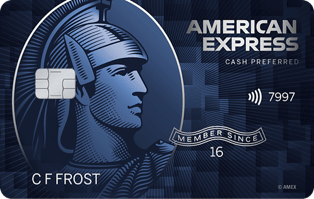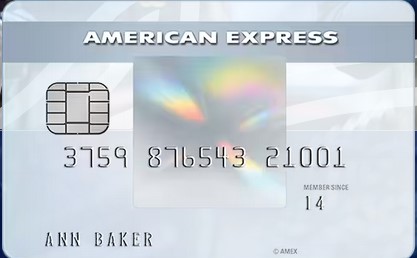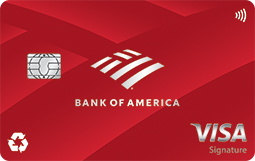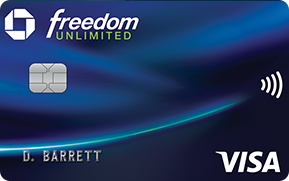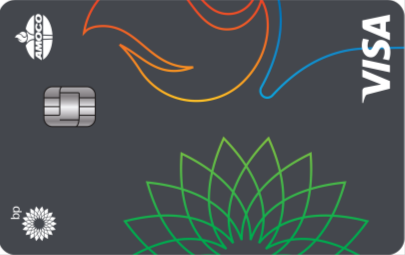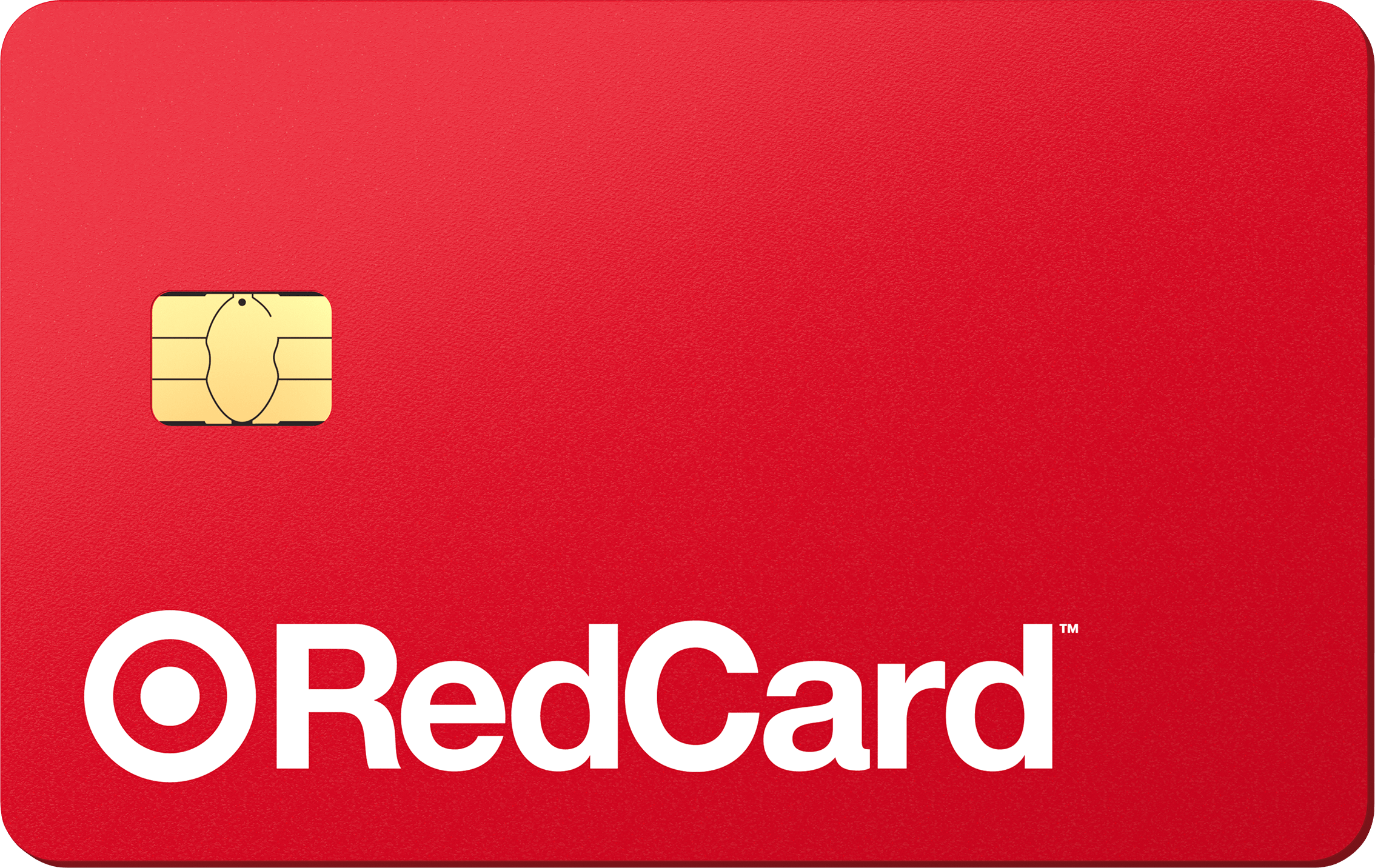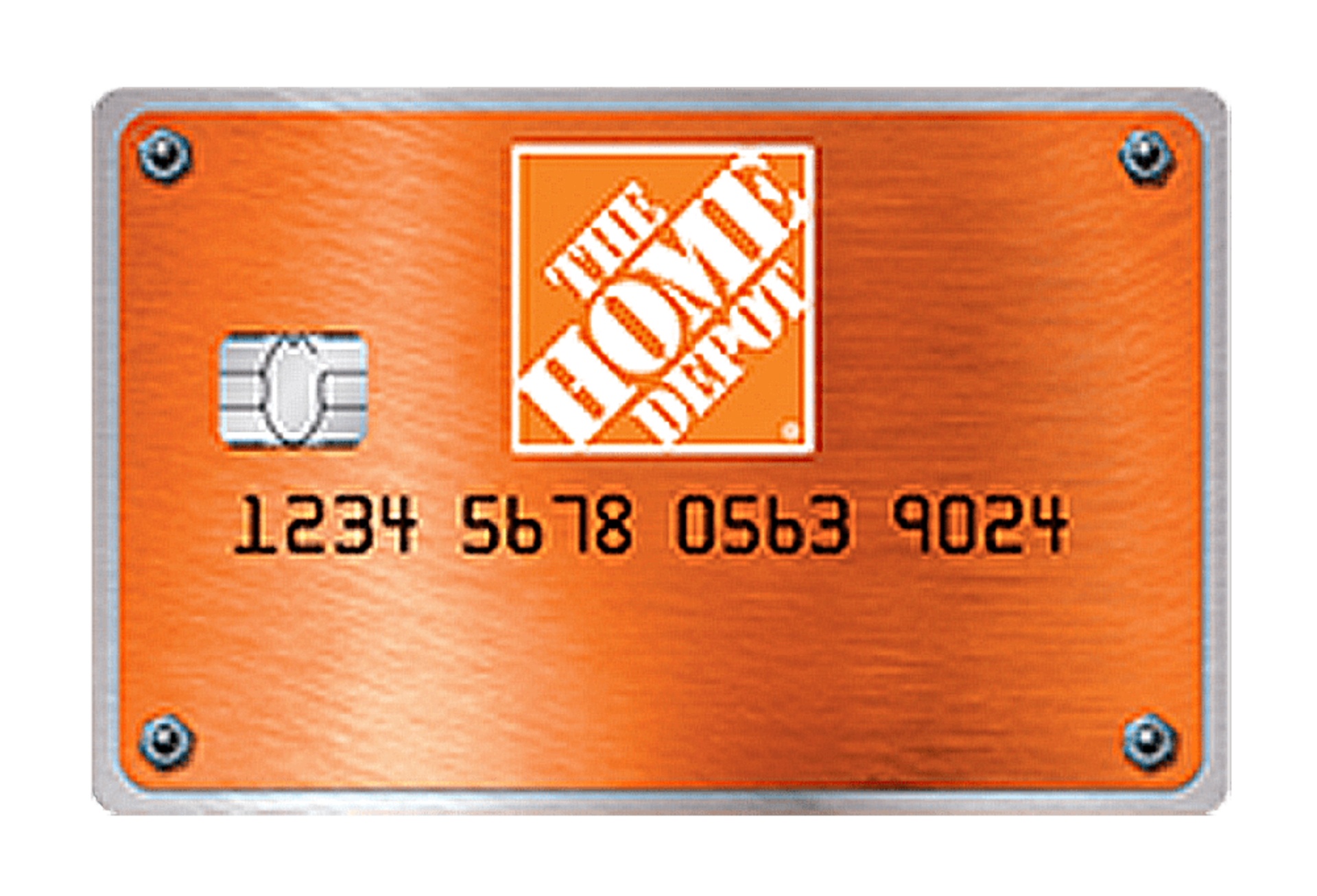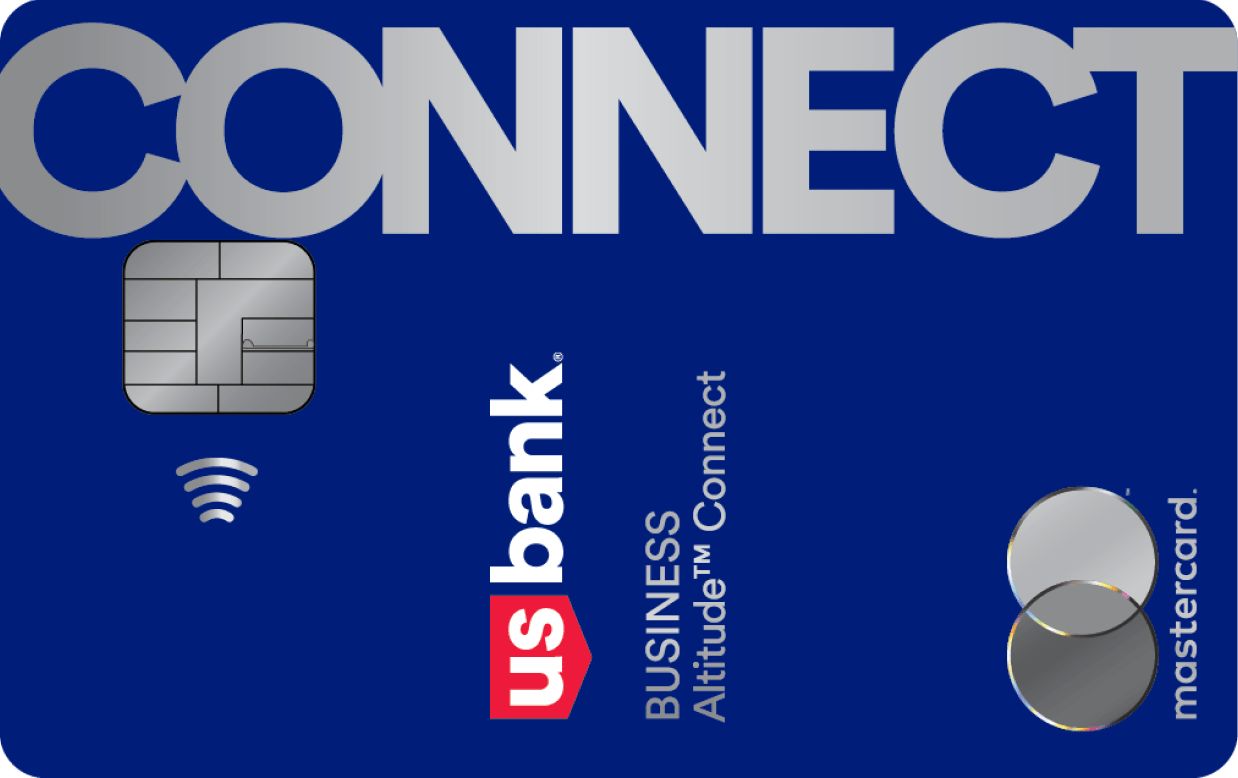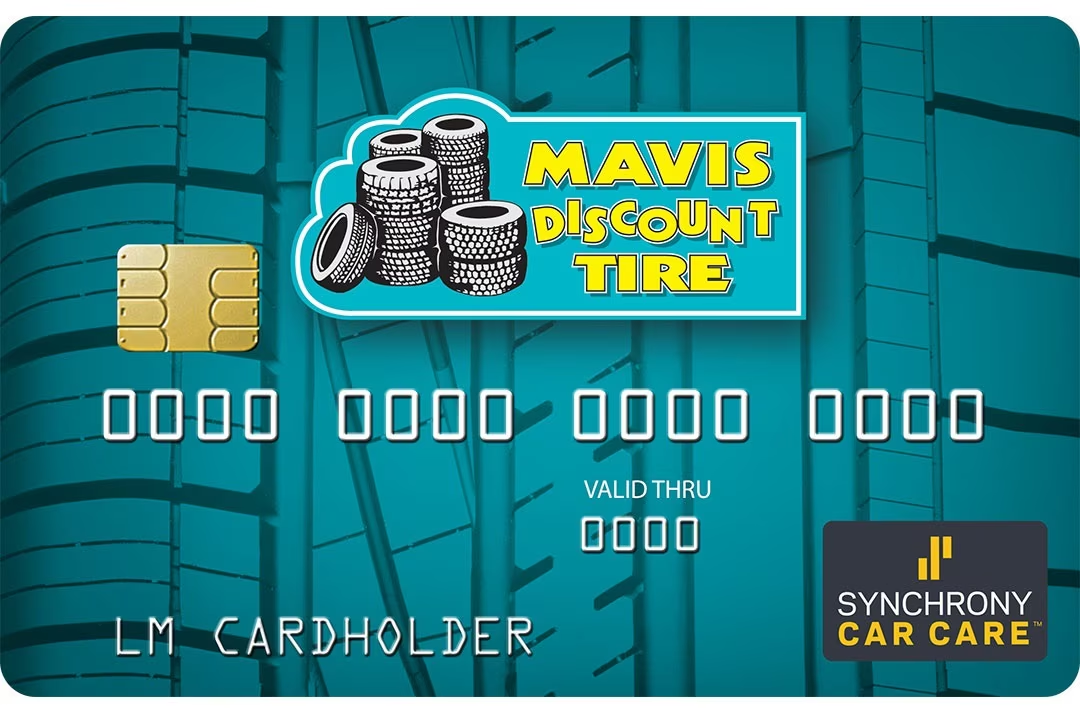- myFICO® Forums
- Types of Credit
- Credit Cards
- Re: Freezing or Locking Credit Cards
- Subscribe to RSS Feed
- Mark Topic as New
- Mark Topic as Read
- Float this Topic for Current User
- Bookmark
- Subscribe
- Mute
- Printer Friendly Page
Freezing or Locking Credit Cards
Is your credit card giving you the perks you want?
Browse credit cards from a variety of issuers to see if there's a better card for you.
- Mark as New
- Bookmark
- Subscribe
- Mute
- Subscribe to RSS Feed
- Permalink
- Report Inappropriate Content
Freezing or Locking Credit Cards
I posted earlier this month about concerns over my personal data being compromised in the recent National Public Data breach. I've never been one to lock or freeze my credit cards, but knew that feature was available. With as many accounts as I have that don't get swiped monthly, I thought perhaps I should experiment with locking/unlocking cards and consider keeping my unused cards secured when not in use. (Yes, I know some of you may consider me late to the party! Lol ![]() I just never considered locking them important unless they were lost or stolen, but it makes good sense on cards that are infrequently used!) I have some observations to observe about this feature and how it differs between lenders in practice.
I just never considered locking them important unless they were lost or stolen, but it makes good sense on cards that are infrequently used!) I have some observations to observe about this feature and how it differs between lenders in practice.
Most of my major lenders made locking the cards very easy to find and access through their mobile apps. A few of my minor lenders made it more cumbersome to find the option, but I didn't find any lender who did not offer it at all. That was good news. But one *MAJOR* surprise was American Express. My lenders all allowed me to lock my cards indefinitely ... except for AMEX. AMEX said they would freeze my card for seven days, but then the card would unfreeze automatically! I understand this feature was mainly designed to protect the account if you lost the card and might soon be reporting it stolen, so a temporary situation. But making it where you cannot lock it indefinitely and unlock at your discretion seems annoying.
The first time I went to use a locked card and forgot to unlock it since I'm not in that habit, it confused me at first when the charge was denied! Then I smiled because I remembered and it made me feel good that the lock was working. The charge was with CITI, and I was able to open the app and reactivate the card easily within seconds. Then relock the card after I was finished. Easy-peasy. ![]() Also, CITI emailed me to tell me a charge was attempted on a locked account. Cool beans.
Also, CITI emailed me to tell me a charge was attempted on a locked account. Cool beans.
Bank of America made accessing the card a little more trouble. They wanted to send me a secure code to enter so that I could activate the card. It took a little longer and made me question if I would want to go through that process regularly. Fortunately, I had remembered to unlock that one before I went into the store.
I also had a denial on my PenFed card because I (again) forgot that I had locked it. But unlocking was fast and easy.
I purposefully decided to not lock ALL my cards becasue I do frequently use some of them and didn't want the inconvenience of added steps. And I do watch my new charges often enough on those cards that they would be unlikely to have undetected fraud.
Some of my lenders sent me emails telling me the account was locked. Discover sent me an email after a week reminding me I had locked my card. I would have to look up each one and see if I could either opt out of those emails or choose to have additional reminders sent that my card is locked.
So far from my experience, it appears some cards are more practical to lock than others, and keeping all cards locked is possibly too difficult depending on the lenders in question. My questions to the community are:
- What are your experiences with card freezes-locks with various lenders?
- Do you keep any of (or all of) your credit cards locked routinely for security?
- Have you had any problems with recurring charges being denied? (All my lenders say recurring charges will still be processed.)






















Business Cards









Length of Credit > 40 years; Total Credit Limits >$936K
Top Lender TCL - Chase 156.4 - BofA 99.9 - CITI 96.5 - AMEX 95.0 - NFCU 80.0 - SYCH - 65.0
AoOA > 31 years (Jun 1993); AoYA (Oct 2024)
* Hover cursor over cards to see name & CL, or press & hold on mobile app.
- Mark as New
- Bookmark
- Subscribe
- Mute
- Subscribe to RSS Feed
- Permalink
- Report Inappropriate Content
Re: Freezing or Unlocking Cards
interesting about AMEX only allowing a temp freeze. I never noticed that however they are the one lender I have never frozen as they are in constant usage. For me I only lock my misfit sockdrawer cards that I don't care about and don't really use anymore or log in and check on a regular basis.
SOCKDRAWER/ PAYPAL CREDIT LINE $1700/NFCU FLAGSHIP $40,000 CL/ NFCU MORE REWARDS $40,000/ WELLS FARGO AUTOGRAPH $8200/APPLE CARD $6500/DISCOVER IT $3000 SL/CITI COSTCO ANYWHERE VISA $6000 SL
- Mark as New
- Bookmark
- Subscribe
- Mute
- Subscribe to RSS Feed
- Permalink
- Report Inappropriate Content
Re: Freezing or Unlocking Cards
Never worry about AMEX, will probably never own one again after I finished off all their SUBS ages ago for the once in a lifetime. No loss. They don't have anything I want or can't find better in other issuers for my needs.
I also lock any cards not being used on a monthly basis. For new bank account churning I try to avoid getting the debit card if not inclusive in the SUB offer terms. Otherwise, lock those. Don't do recurring charges.


 Citi:
Citi: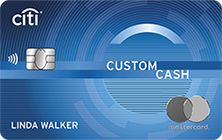
 U.S. Bank:
U.S. Bank: Aven:
Aven: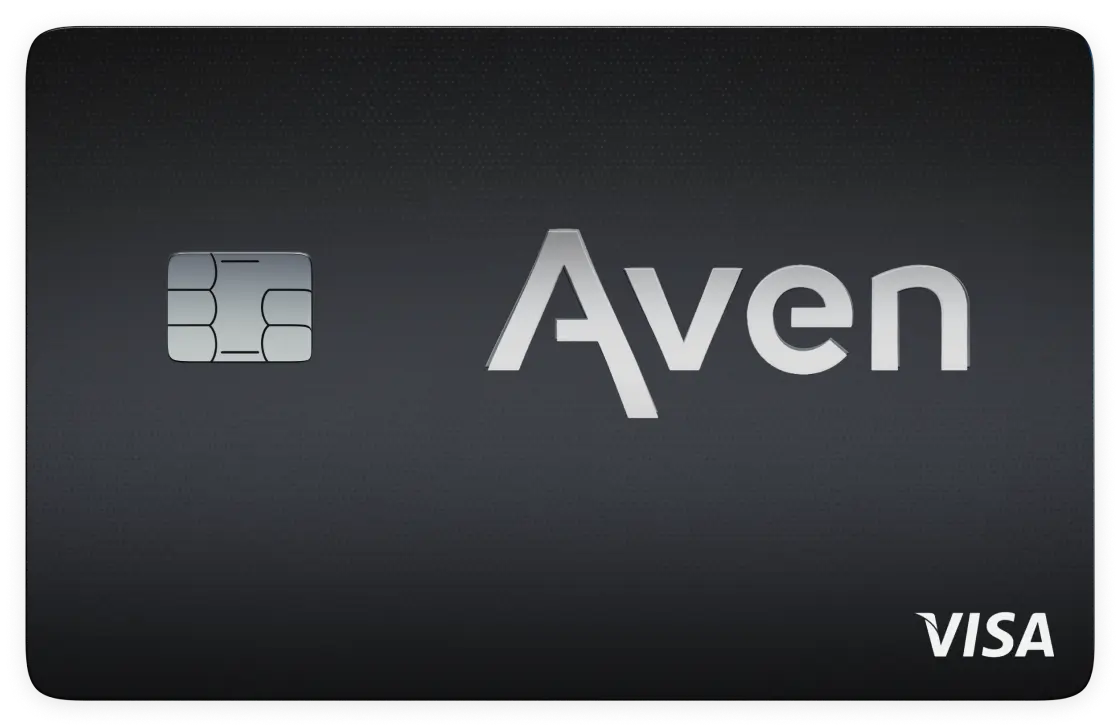
BACKUPS: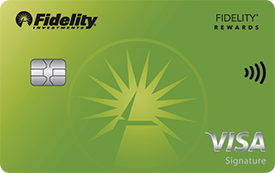

CB Debit Cards: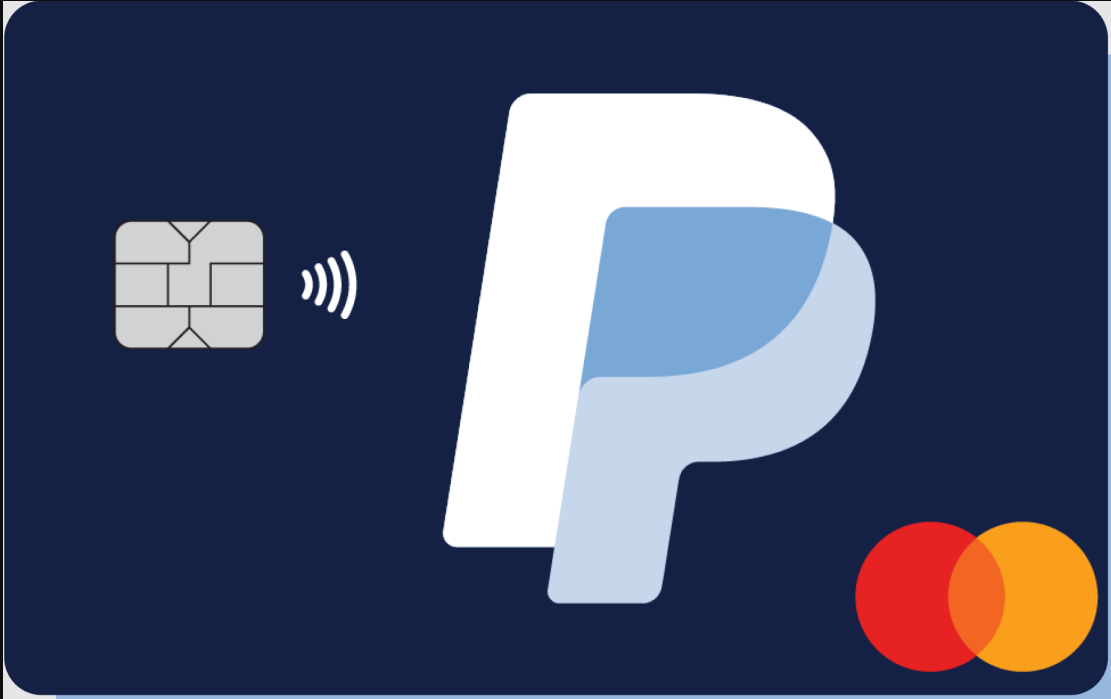

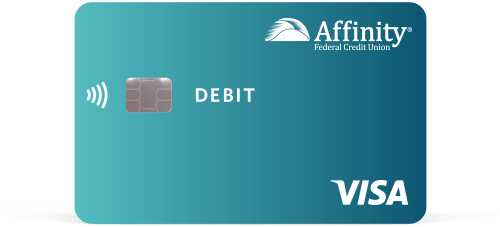
For Aven Rewards Visa ref www qsv.com
- Mark as New
- Bookmark
- Subscribe
- Mute
- Subscribe to RSS Feed
- Permalink
- Report Inappropriate Content
Re: Freezing or Unlocking Cards
I do not have that many accounts, and I log in to all of them once a week. But I do have 2 that I locked as I only use it twice a year to keep it open.
Edit: Changed to login once a week. I also have alerts set on all accounts for spend over $1 or the minimum amount allowed if above $1.
Henrique




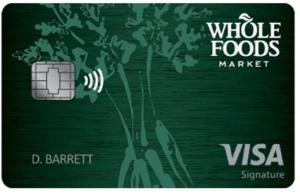



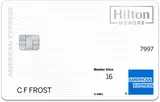
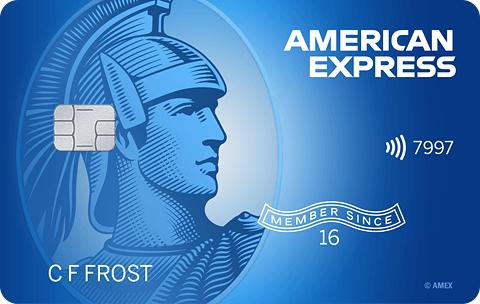

- Mark as New
- Bookmark
- Subscribe
- Mute
- Subscribe to RSS Feed
- Permalink
- Report Inappropriate Content
Re: Freezing or Unlocking Cards
I have locked "true" S/D cards. In at least one case, I got messages "We notice you haven't used..." and I eventually let it close.
Along with @Aim_High , my (and probably many/most os us) SSN was exposed in that breach. From what I gather, the real concern is opening of new accounts rather than somehow using existing accounts**, and my CRs are always locked when I am not apping. I also got an IRS pin to help prevent someone submitting a false return. Following the instructions in the You have been exposed email, I also put a fraud alert on my CRs, which was probably not needed and possibly a mistake.
**I'm sure with enough info, identity theft+social engineering could help get access to existing accounts. But the perp could probably also say that they needed the card freeze lifted but had forgotten....
- Mark as New
- Bookmark
- Subscribe
- Mute
- Subscribe to RSS Feed
- Permalink
- Report Inappropriate Content
Re: Freezing or Unlocking Cards
Thanks for the info @Aim_High .
I don't think I could bring myself to repeatedly lock and unlock regularly used cards. I agree it is good practice for sockdrawered cards. It is always good practice to regularly review your cards' transactions. I actually think it is more important to freeze your credit reports. We are not responsible for unauthorized charges on any credit card, but identity theft or new accounts opened in your name can be nightmares to fix.
Everyday 5% CB:
Chase prime Visa // citi CUSTOM CASH “A” // citi CUSTOM CASH “B” // citi SHOP YOUR WAY (5% gas (in points), lucrative spending offers) // mylowe’s Rewards // Target circle card
5% CB rotating:
Chase “OG” freedom Visa // DISCOVER it Cash Back // nusenda CU Platinum Cash Rewards
Everyday 4% CB:
US Bank Smartly (v1.0)
Everyday 3% / 2.2% CB:
AOD FCU Visa Signature (3%, sockdrawered) // upgrade Cash Rewards Elite (2.2%, sockdrawered)
Welcome Offer / credits only:
Chase SAPPHIRE PREFFERED (grabbed my $1,000, sockdrawered, will cancel) // NFCU FLAGSHIP REWARDS (elevated Welcome Offer, annual prime credit, sockdrawered)
Hotel card:
Chase IHG ONE REWARDS PREMIER (elevated Welcome Offer, 1 free night/yr)
On my radar:
Langely FCU Signature Cash Back (5% CB monthly selectable cat) // Safe CU Cash Back+ (Quarterly rotating 5% CB cats plus bonus cats) // upgrade MyFive Cash Rewards (5% CB monthly selectable cat) // US Bank Kroger (and family) World Elite Master Card(s) (5% CB Mobile Wallet)
- Mark as New
- Bookmark
- Subscribe
- Mute
- Subscribe to RSS Feed
- Permalink
- Report Inappropriate Content
Re: Freezing or Locking Credit Cards
@Anonymous wrote:From what I gather, the real concern is opening of new accounts rather than somehow using existing accounts**, and myCRss are always locked when I am notappingg. I also got an IRS pin to help prevent someone submitting a false return.
Agreed, @Anonymous. Before this most recent data breach, I never bothered to lock my reports or get an IRS PIN but now I've also done both. The whole experience, though, just got me to thinking more about additional steps I could take to protect my credit and finances. While fraud on my accounts has not been widespread, I have had it happen periodically over the years.






















Business Cards









Length of Credit > 40 years; Total Credit Limits >$936K
Top Lender TCL - Chase 156.4 - BofA 99.9 - CITI 96.5 - AMEX 95.0 - NFCU 80.0 - SYCH - 65.0
AoOA > 31 years (Jun 1993); AoYA (Oct 2024)
* Hover cursor over cards to see name & CL, or press & hold on mobile app.
- Mark as New
- Bookmark
- Subscribe
- Mute
- Subscribe to RSS Feed
- Permalink
- Report Inappropriate Content
Re: Freezing or Locking Credit Cards
@ptatohed wrote:Thanks for the info @Aim_High .
I don't think I could bring myself to repeatedly lock and unlock regularly used cards. I agree it is good practice for sockdrawered cards. It is always good practice to regularly review your cards' transactions. I actually think it is more important to freeze your credit reports. We are not responsible for unauthorized charges on any credit card, but identity theft or new accounts opened in your name can be nightmares to fix.
Yes, just like I realize I probably should have been freezing my credit reports, I'm realizing now that I should have frozen my sock drawer cards all along, @ptatohed. That makes sense and it is easy to do. This data breach has been a reminder to take security a little more seriously.
For my main cards with major lender, most have made turning them on and off very easy and accessible. I agree that as a minimum, turning off SD cards is wise. But I could see myself turning off my regular cards that I don't swipe daily. It would just be a matter of training myself to open app, unlock, use card, relock card. Mobile phone apps make that simple if someone wants to add that extra security! For daily use cards, yeah, probably too much hassle to do that multiple times a day!






















Business Cards









Length of Credit > 40 years; Total Credit Limits >$936K
Top Lender TCL - Chase 156.4 - BofA 99.9 - CITI 96.5 - AMEX 95.0 - NFCU 80.0 - SYCH - 65.0
AoOA > 31 years (Jun 1993); AoYA (Oct 2024)
* Hover cursor over cards to see name & CL, or press & hold on mobile app.
- Mark as New
- Bookmark
- Subscribe
- Mute
- Subscribe to RSS Feed
- Permalink
- Report Inappropriate Content
Re: Freezing or Locking Credit Cards
@Aim_High wrote:
@ptatohed wrote:Thanks for the info @Aim_High .
I don't think I could bring myself to repeatedly lock and unlock regularly used cards. I agree it is good practice for sockdrawered cards. It is always good practice to regularly review your cards' transactions. I actually think it is more important to freeze your credit reports. We are not responsible for unauthorized charges on any credit card, but identity theft or new accounts opened in your name can be nightmares to fix.
Yes, just like I realize I probably should have been freezing my credit reports, I'm realizing now that I should have frozen my sock drawer cards all along, @ptatohed. That makes sense and it is easy to do. This data breach has been a reminder to take security a little more seriously.
For my main cards with major lender, most have made turning them on and off very easy and accessible. I agree that as a minimum, turning off SD cards is wise. But I could see myself turning off my regular cards that I don't swipe daily. It would just be a matter of training myself to open app, unlock, use card, relock card. Mobile phone apps make that simple if someone wants to add that extra security! For daily use cards, yeah, probably too much hassle to do that multiple times a day!
I froze my 3 main credit bureaus after the ATT breach. I added a freeze to Chex after the National Public Data breach. I haven't taken steps to lock any of my credit cards. None of my cards are truly sockdrawered. I use almost all of them every month. I do have alerts set up to notify me of any charge that comes through with the amount set to the minimum allowed by the lender (from $1 to $10).
FICO8:




FICO9:

VantageScore3:



Inquiries (n/12, n/24):



AAoA: 11 yrs | AoORA: 38 yrs | AoYRA: less than 1 yr | New Accounts: 1/6, 2/12, 3/24 | Util: 1% | DTI: 1%














- Mark as New
- Bookmark
- Subscribe
- Mute
- Subscribe to RSS Feed
- Permalink
- Report Inappropriate Content
Re: Freezing or Locking Credit Cards
WRT the aforementioned data breaches, everyone should have already had their credit frozen. If not, definitely lock it down.
As far as credit cards being frozen, AFAIK there were no credit card numbers compromised, so freezing the cards would no nothing to remediate your exposure from the breaches. That being said, I do keep my debit/ATM card locked since it can access "real" money. I can still use Samsung Pay at my bank's local ATMs without issue. If I have to use a foreign ATM, it's trivial to thaw, cash out, and then re-freeze.


